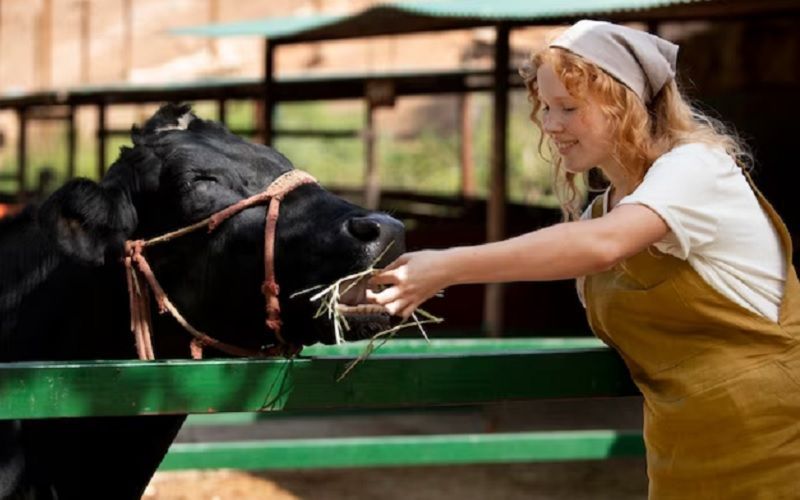The Rosselkhoznadzor is ready to ease restrictions on the import of genetic material and animals from the EU

“First and foremost, we are considering the issue of supplying genetic material and animals from EU countries. We are working to ease the restrictions and will continue to do so. If the shipments do not pose a threat to safety, we are ready to approve them,” said Sergey Dankvert.
According to him, against the backdrop of the stabilizing foot-and-mouth disease situation in the EU, Russia now has the opportunity to reconsider the existing restrictions. At the same time, cooperation with European veterinary services remains difficult.
“We see that Brussels does not respond to letters. They either provide formal replies or recommend monitoring the situation through websites and information channels. However, international law requires dialogue through official business contacts,” emphasized the head of Rosselkhoznadzor.
Russia is currently officially recognized by the World Organisation for Animal Health (WOAH) as a country free from foot-and-mouth disease. This opens access for domestic products to a number of foreign markets. Statuses have also been confirmed for scrapie, contagious pneumonia, and peste des petits ruminants.
“We are practically the only ones with all these statuses. Kazakhstan, for example, is still striving to obtain them,” Sergey Dankvert noted.
Earlier, amid outbreaks of foot-and-mouth disease in Europe, Russia imposed strict restrictions on the import of animals and genetic material. However, according to the head of Rosselkhoznadzor, the epizootic situation in EU countries is now stabilizing.
“Perhaps their approaches to combating the disease have also changed. Whereas before the focus was solely on culling livestock, it now seems they have reconsidered their position. We would like to receive official confirmation of these changes,” Sergey Dankvert concluded.
The question of fully or partially lifting the bans will be considered following additional consultations with the competent EU authorities and analysis of the epizootic situation.










